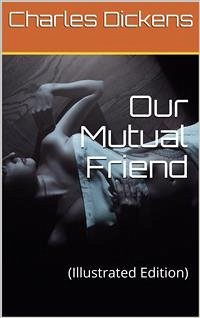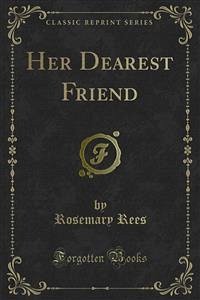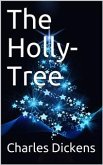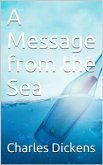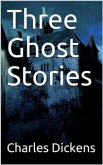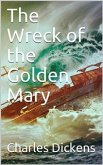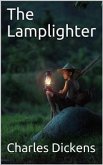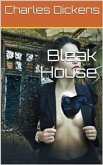Our Mutual Friend, written in the years 1864–65, is the last novel completed by Charles Dickens and is one of his most sophisticated works, combining savage satire with social analysis. It centres on, in the words of critic J. Hillis Miller, quoting from the character Bella Wilfer in the book, "money, money, money, and what money can make of life." Having made his fortune from London's rubbish, a rich misanthropic miser dies, estranged from all except his faithful employees Mr and Mrs Boffin. By his will, his fortune goes to his estranged son John Harmon, who is to return from where he has settled abroad (possibly in South Africa) to claim it, on condition that he marries a woman he has never met, Miss Bella Wilfer. The implementation of the will is in the charge of the solicitor, Mortimer Lightwood, who has no other practice. The son and heir does not appear, though some knew him aboard the ship to London. A body is found in the Thames by Gaffer Hexam, rowed by his daughter Lizzie. He is a waterman who makes his living by retrieving corpses and taking the cash in their pockets, before handing them over to the authorities. Papers in the pockets of the drowned man identify him as the heir, John Harmon. Present at the identification of the water-soaked corpse is a mysterious young man, who gives his name as Julius Handford and then disappears. By the terms of the miser's will, the whole estate then devolves upon Mr and Mrs Boffin, naïve and good-hearted people who wish to enjoy it for themselves and to share it with others. They take the disappointed bride of the drowned heir, Miss Wilfer, into their household, and treat her as their pampered child and heiress. They also accept an offer from Julius Handford, now going under the name of John Rokesmith, to serve as their confidential secretary and man of business, at no salary. Rokesmith uses this position to watch and learn everything about the Boffins, Miss Wilfer, and the aftershock of the drowning of the heir John Harmon. Mr Boffin engages a one-legged ballad-seller, Silas Wegg, to read aloud to him in the evenings, and Wegg tries to take advantage of his position and of Mr Boffin's good heart to obtain other advantages from the wealthy dustman. When the Boffins purchase a large home, Wegg is invited to live in the old Harmon home. Wegg hopes to find hidden treasure in the house or in the mounds of trash on the property. Gaffer Hexam, who found the body, is accused of murdering John Harmon by a fellow-waterman, Roger "Rogue" Riderhood, who is bitter at having been cast off as Hexam's partner on the river, and who covets the large reward offered in relation to the murder. As a result of the accusation, Hexam is shunned by his fellows on the river, and excluded from The Six Jolly Fellowship-Porters, the public house they frequent. Hexam's young son, the clever but priggish Charley Hexam, leaves his father's house to better himself at school, and to train to be a schoolmaster, encouraged by his sister, the beautiful Lizzie Hexam. Lizzie stays with her father, to whom she is devoted. Read this complete famous novel for further story....
Bitte wählen Sie Ihr Anliegen aus.
Rechnungen
Retourenschein anfordern
Bestellstatus
Storno

